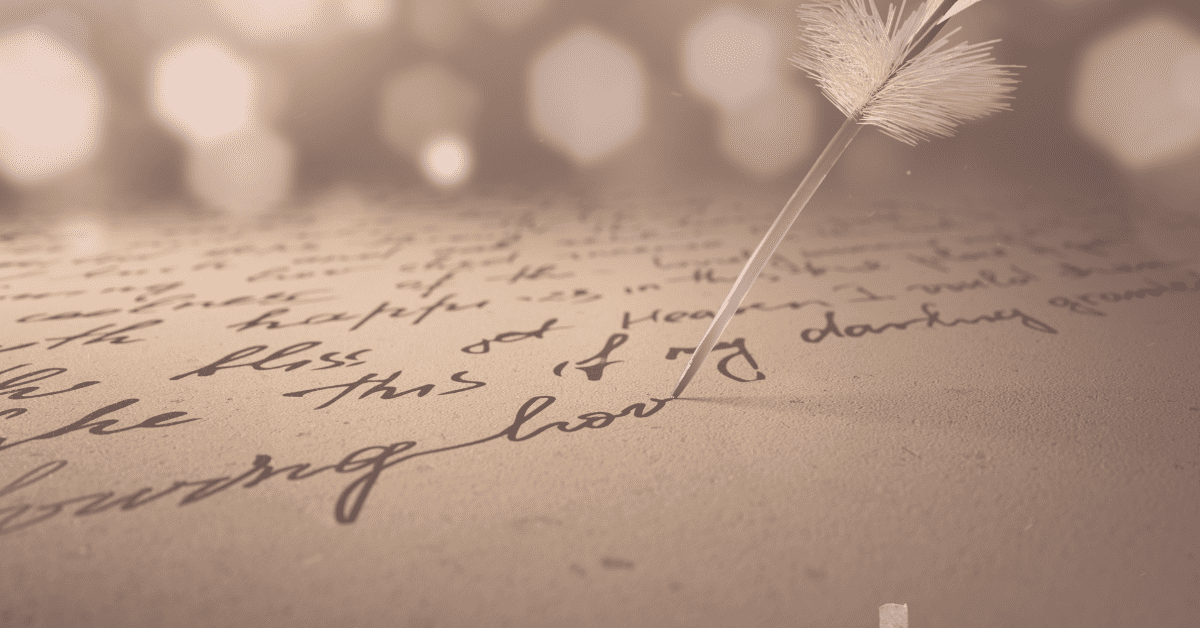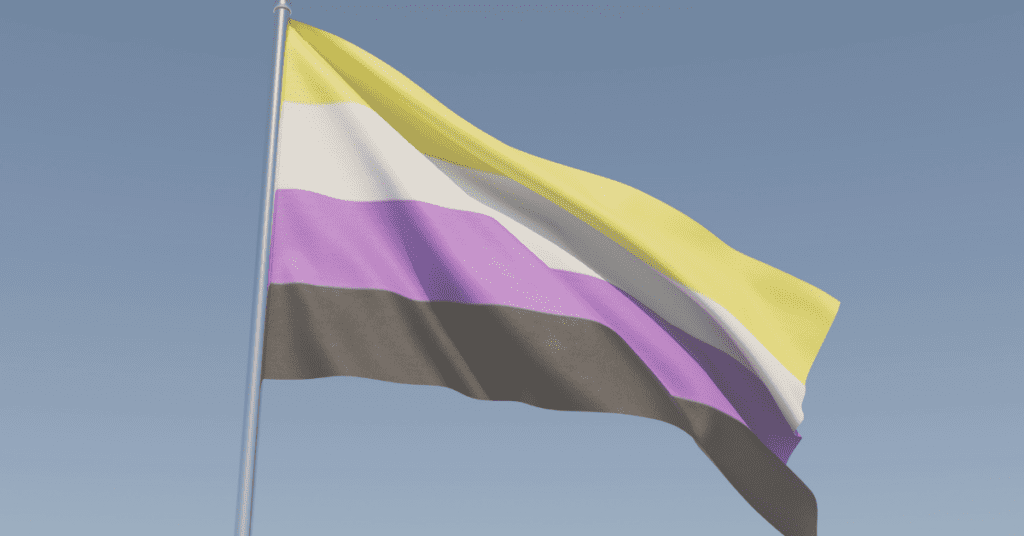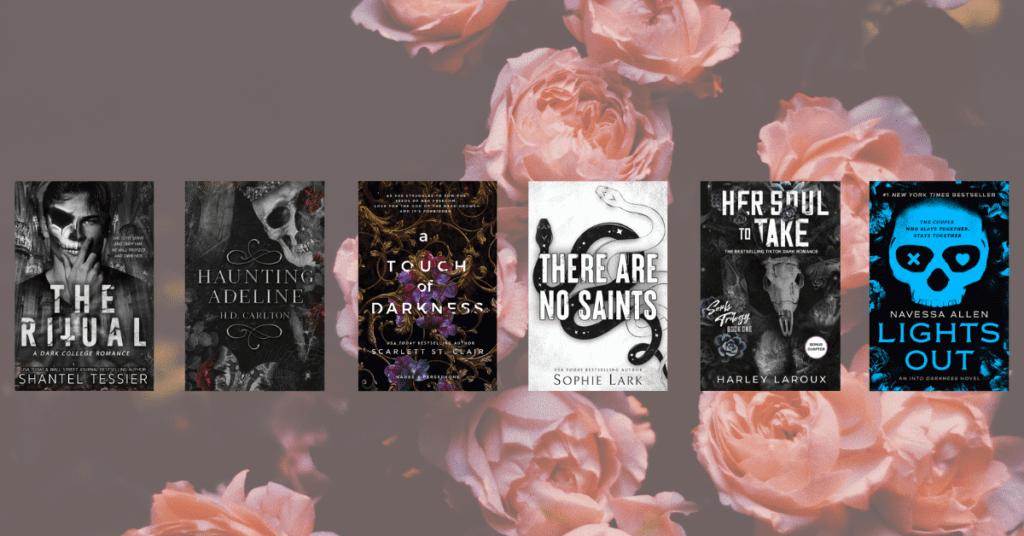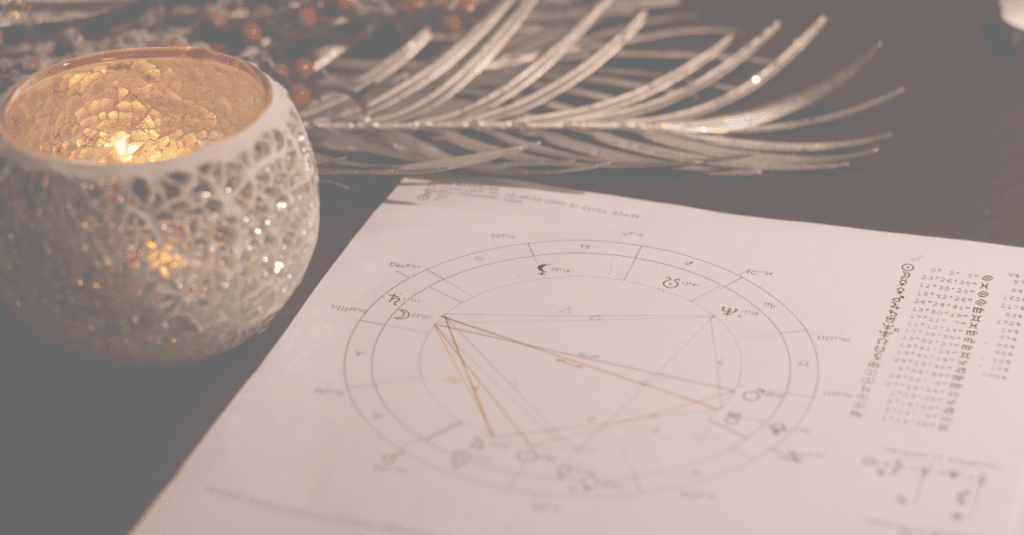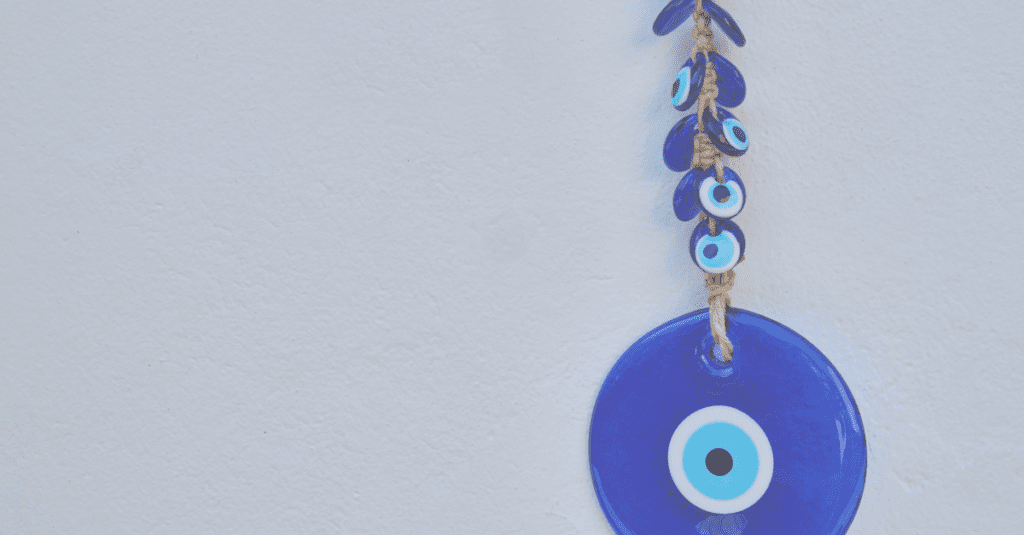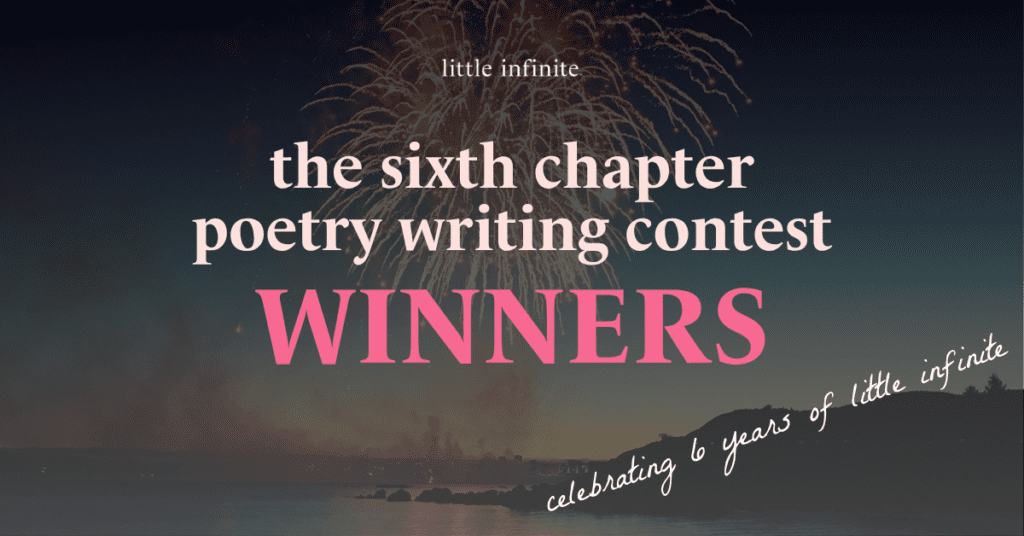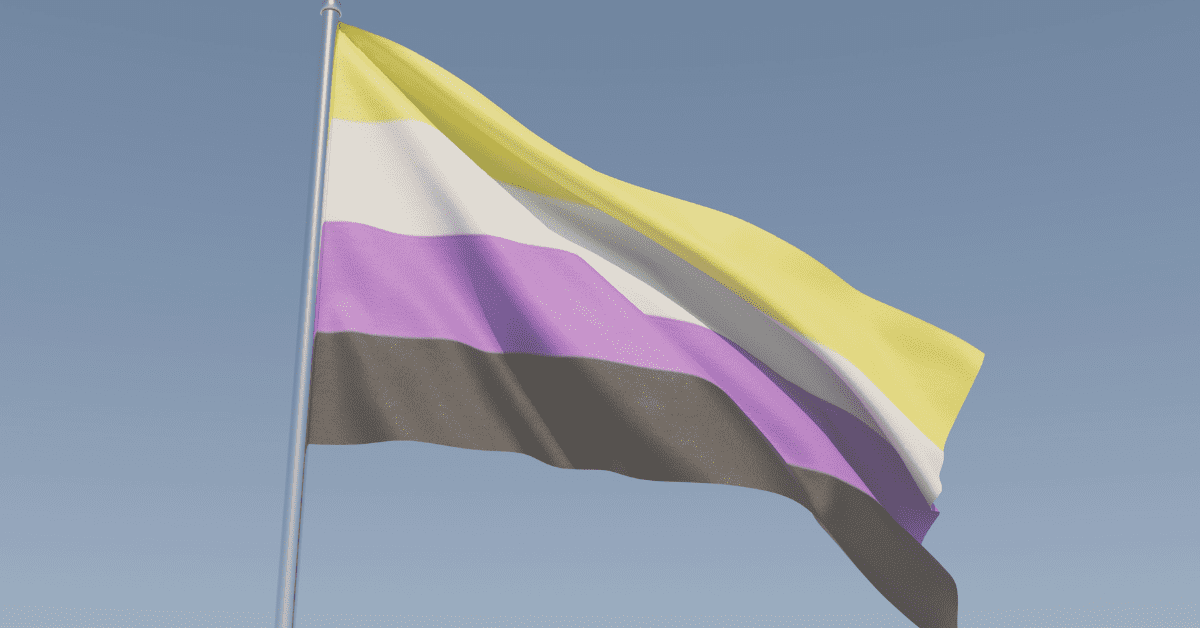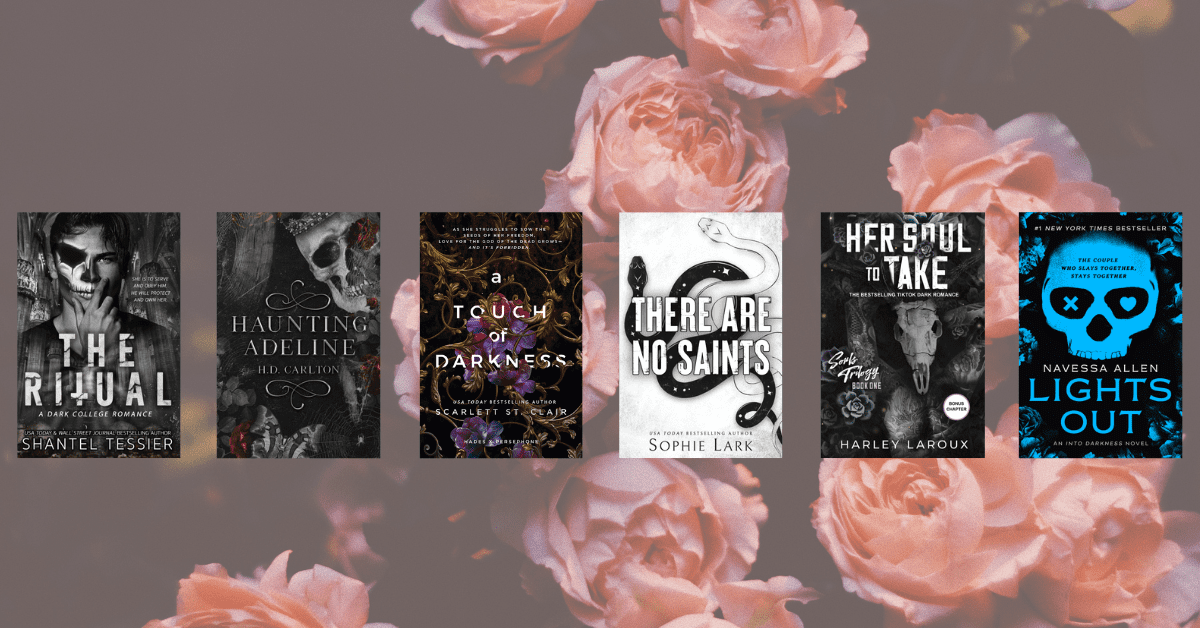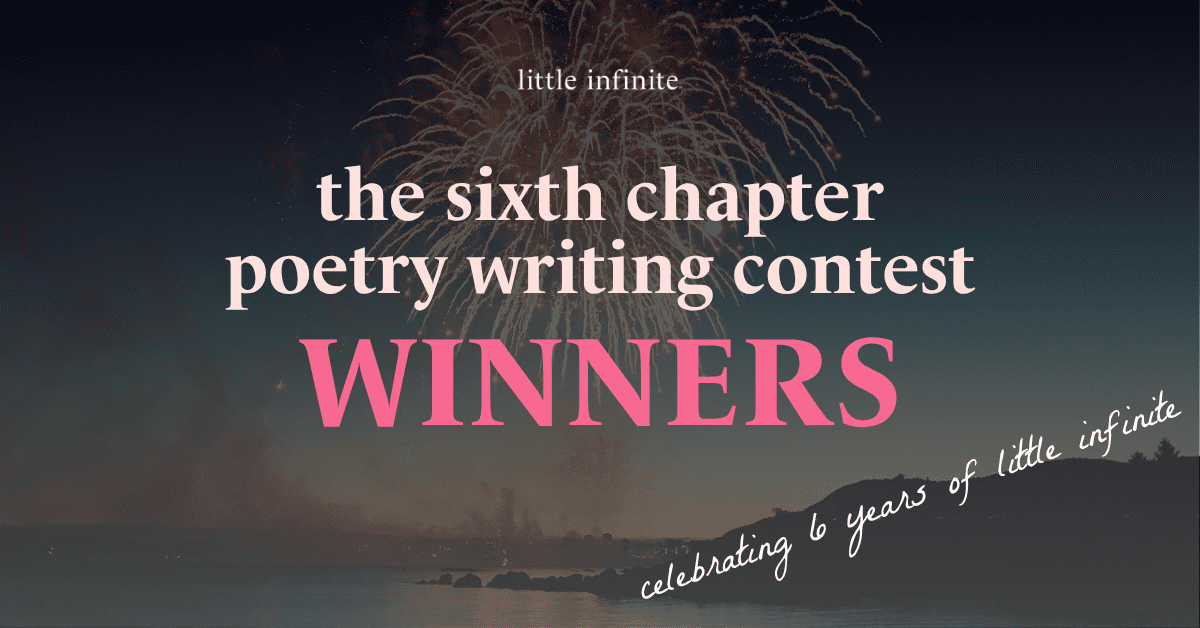What is a Lyric in Poetry?
Defining Lyrical Poetry and Distinguishing Poems from Verses
Poetry, a multifaceted and expressive art form, encompasses a wide range of styles and structures that enable poets to convey their emotions, thoughts, and experiences in unique and captivating ways. Among the various forms of poetry, the lyric holds a special place. In this article, we will delve into the concept of a lyric in poetry, define lyrical poetry, and explore the distinctions between a poem and a verse.
What is a Lyric in Poetry?
A lyric, within the realm of poetry, is a short, emotionally charged composition that serves as a vehicle for the poet’s innermost feelings, personal reflections, and intimate experiences. Lyric poetry is renowned for its musicality, profound emotional depth, and ability to evoke strong sentiments in the reader or listener. While lyrics are typically associated with songwriting, they are equally at home in written poetry.
Defining Lyrical Poetry
Lyrical poetry, often synonymous with the lyric itself, is a genre of poetry that predominantly consists of emotionally resonant, personal compositions. Lyrical poems are characterized by their brevity, intense emotional expression, and a focus on the subjective experience of the poet. These poems often explore themes of love, beauty, nature, and the human condition, providing readers with a glimpse into the poet’s inner world. Here are some famous examples of lyrical poetry that have withstood the test of time by inciting emotion in the hearts and minds of poetry lovers for hundreds of years.
“I Wandered Lonely as a Cloud” by William Wordsworth
I wandered lonely as a cloud
That floats on high o’er vales and hills,
When all at once I saw a crowd,
A host, of golden daffodils.
“Because I Could Not Stop for Death” by Emily Dickinson
Because I could not stop for Death –
He kindly stopped for me –
The Carriage held but just Ourselves –
And Immortality.
“The Heart Asks Pleasure First” by Emily Dickinson
The Heart asks Pleasure—first—
And then—Excuse from Pain—
And then—those little Anodynes
That deaden suffering—
“Sonnet 18” by William Shakespeare
Shall I compare thee to a summer’s day?
Thou art more lovely and more temperate:
Rough winds do shake the darling buds of May,
And summer’s lease hath all too short a date;
Sometime too hot the eye of heaven shines,
And often is his gold complexion dimm’d;
And every fair from fair sometime declines.
Poem vs. Verse: Understanding the Difference
While the terms “poem” and “verse” are often used interchangeably, they have distinct meanings within the realm of poetry.
A poem is a broader and more inclusive term that encompasses all forms and genres of written or spoken artistic expression in verse. Poems can range from short and lyrical compositions to longer, narrative epics. They often adhere to specific structural and thematic conventions, which vary widely depending on the poet’s intent and the poem’s genre.
Verse refers specifically to the individual lines or sections that make up a poem.
It is a fundamental unit of poetry, typically characterized by meter, rhyme, and rhythm.
Verses can be organized into stanzas, and the arrangement of verses within a poem contributes to its overall structure and form.
Verse can also denote a form of poetry distinguished by its consistent meter and rhyme structure. This style of verse finds frequent use in classical poetic forms like sonnets, villanelles, or sestinas. Conversely, free verse represents a poetic form that lacks rigid adherence to a specific meter or rhyme scheme, granting poets greater liberty in conveying their thoughts and emotions.
So what is a Lyric in Poetry?
Now that we’ve explored lyrical poetry, it’s easy to see why this art form is a profound and evocative genre. It weaves the threads of personal emotion, experience, and artistic expression into a tapestry of words. Understanding lyrical poetry is not merely an academic exercise; it is a journey into the depths of human sentiment and the heights of creative expression. By exploring the world of lyrical poetry, we enrich our lives artistically, finding solace, inspiration, and connection within the verses of poets who share their innermost thoughts and feelings.
Lyrical poetry, in its lyrical brevity, has the power to stir our emotions, elevate our spirits, and remind us of the beauty and complexity of the human experience, making it an essential and timeless facet of the literary world.
This is just one question or lesson to learn within the poetry world. Explore 30+ Types of Poetry defined here.
